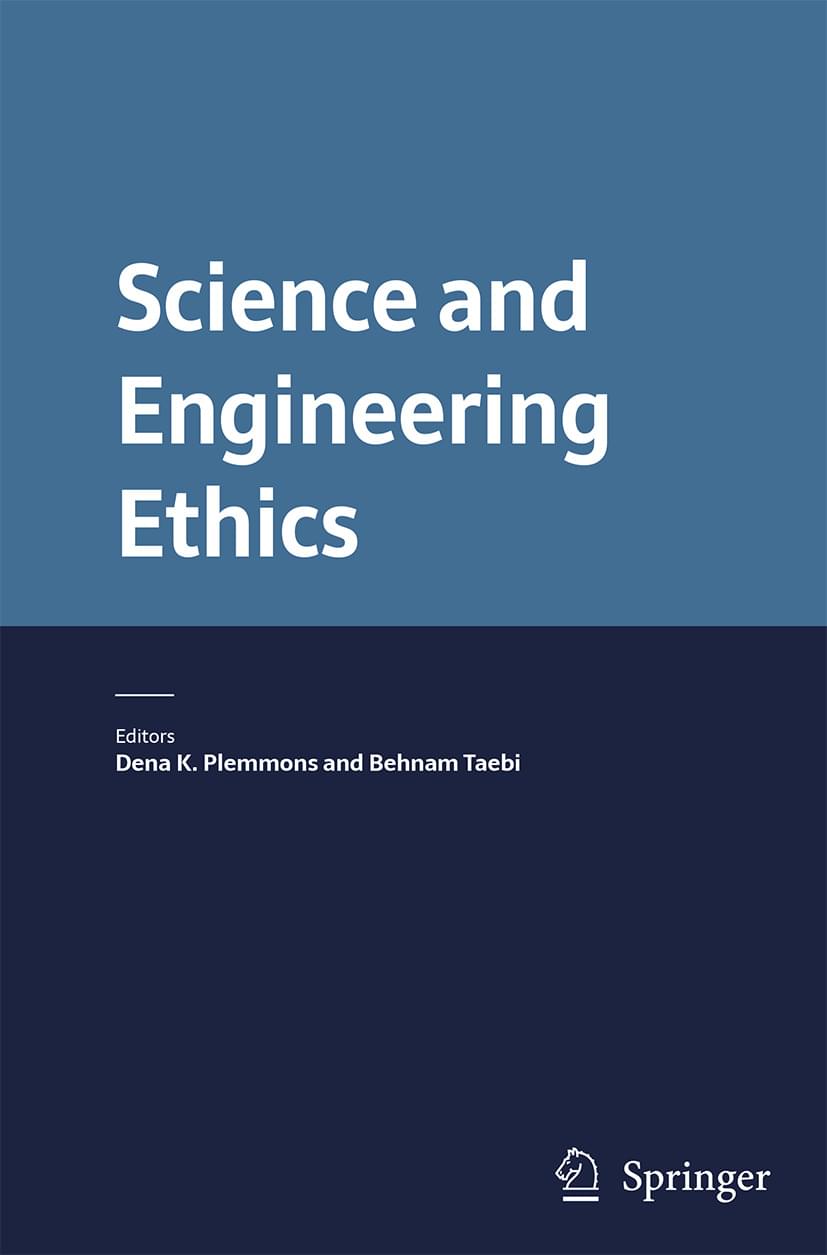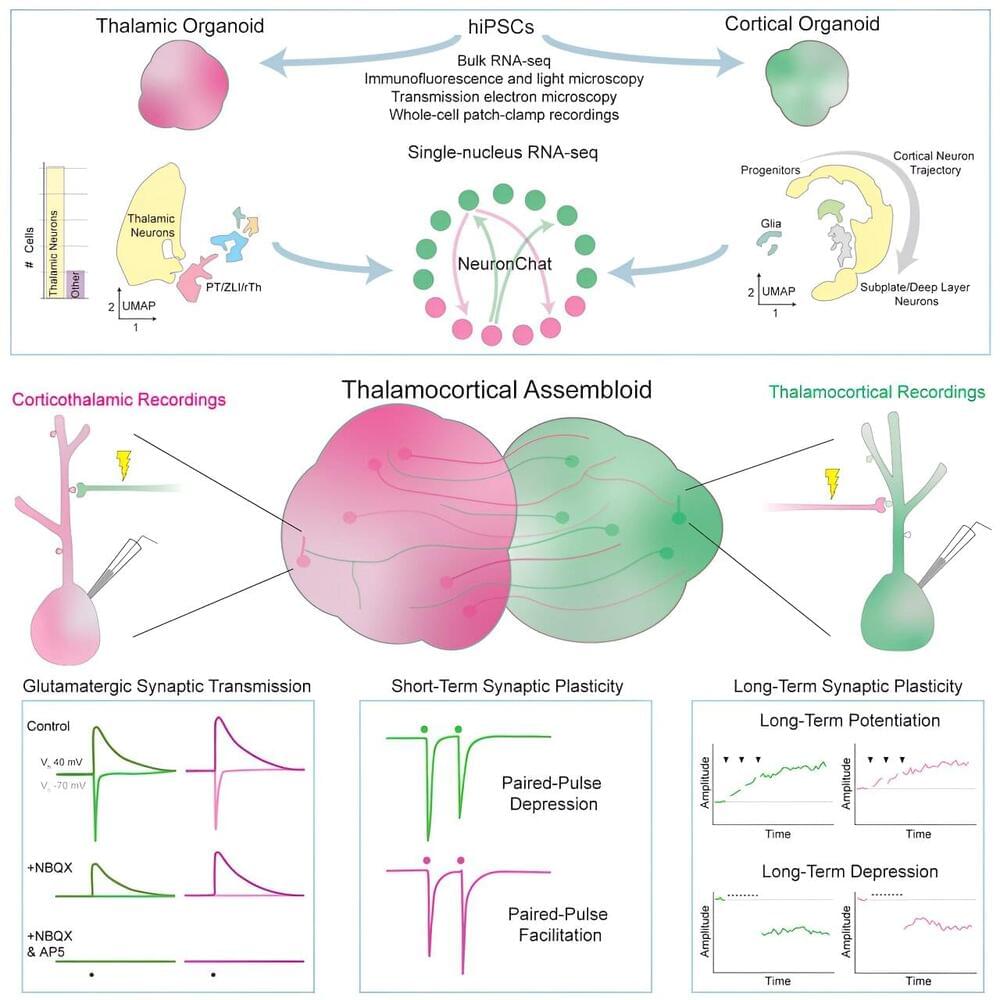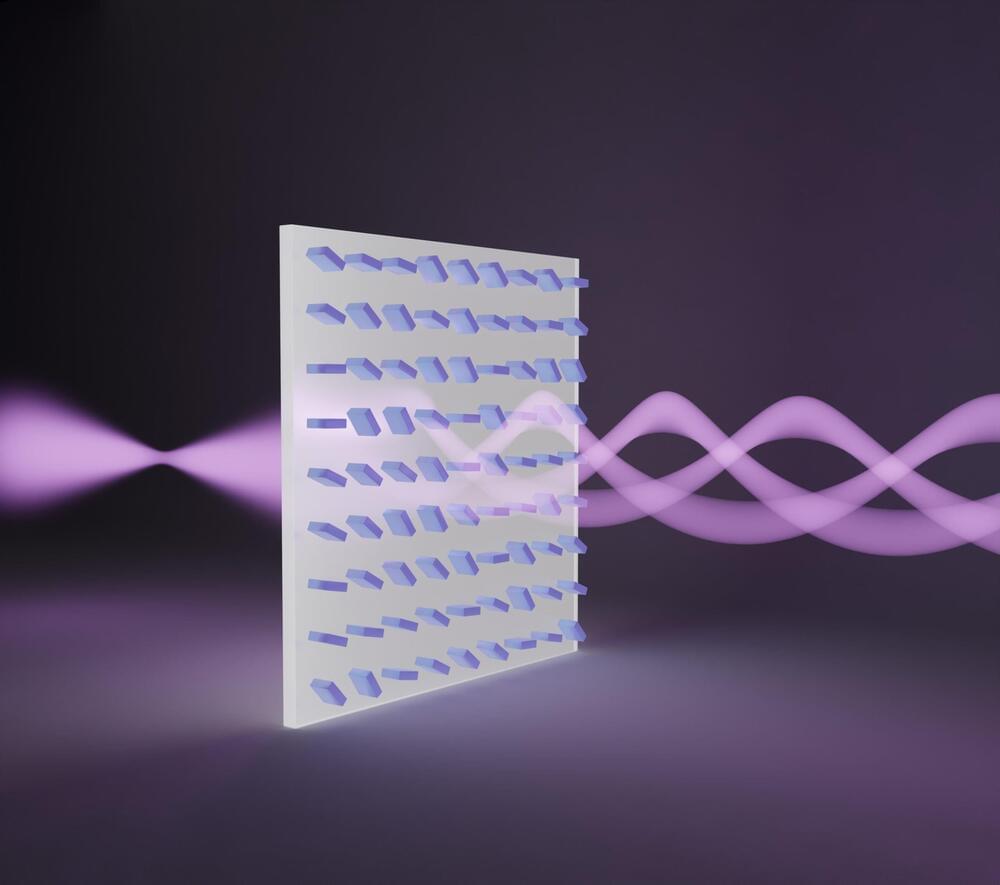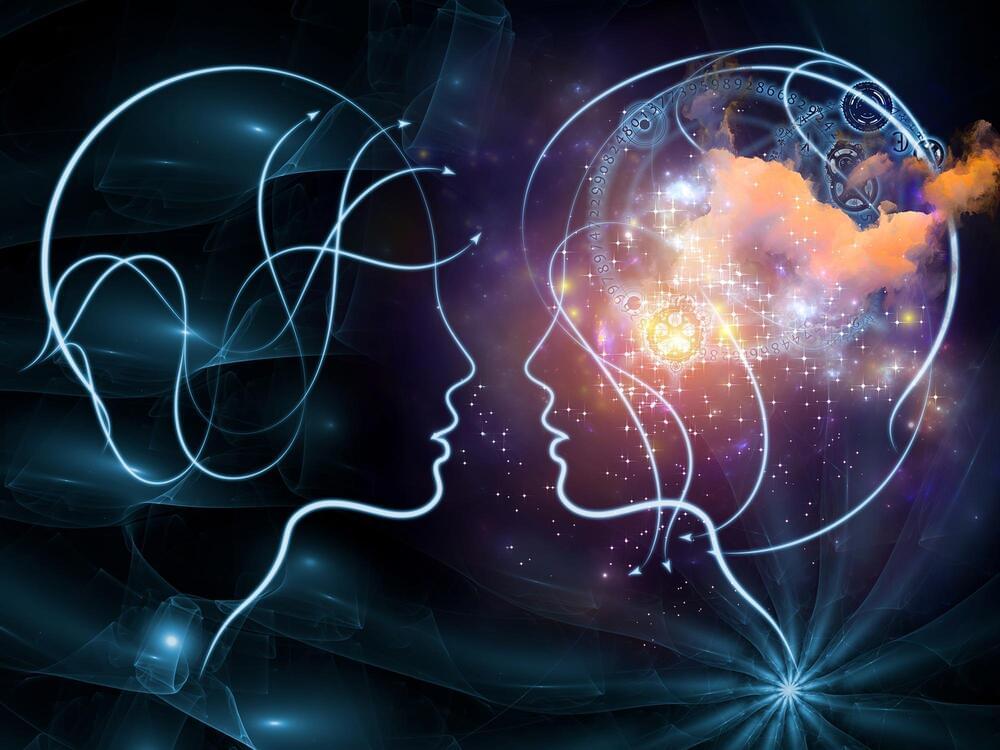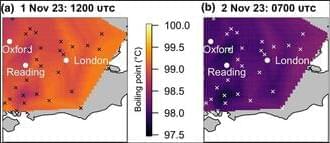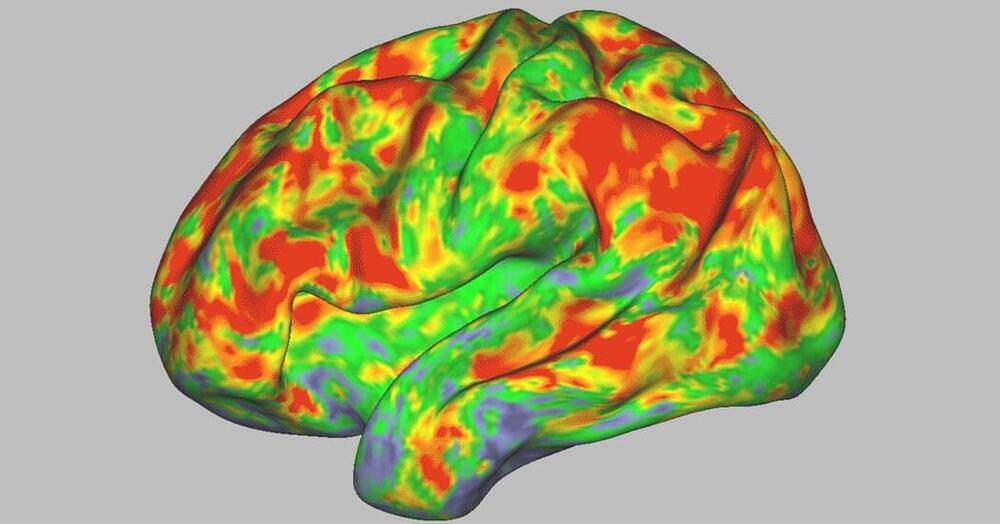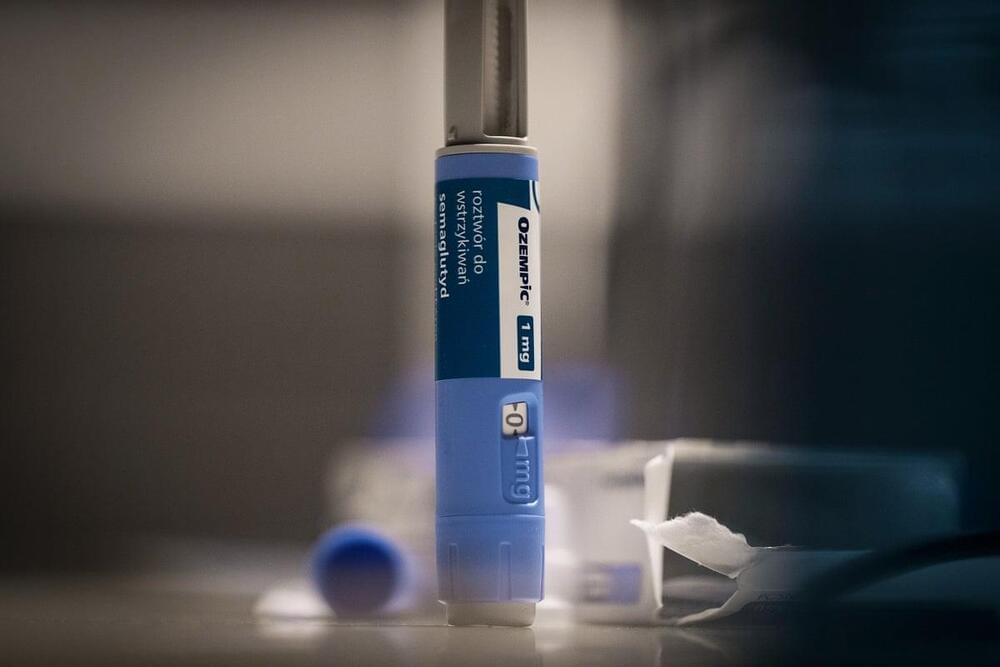Human brain organoids are three-dimensional masses of tissues derived from human stem cells that partially recapitulate the characteristics of the human brain. They have promising applications in many fields, from basic research to applied medicine. However, ethical concerns have been raised regarding the use of human brain organoids. These concerns primarily relate to the possibility that brain organoids may become conscious in the future. This possibility is associated with uncertainties about whether and in what sense brain organoids could have consciousness and what the moral significance of that would be. These uncertainties raise further concerns regarding consent from stem cell donors who may not be sufficiently informed to provide valid consent to the use of their donated cells in human brain organoid research.
